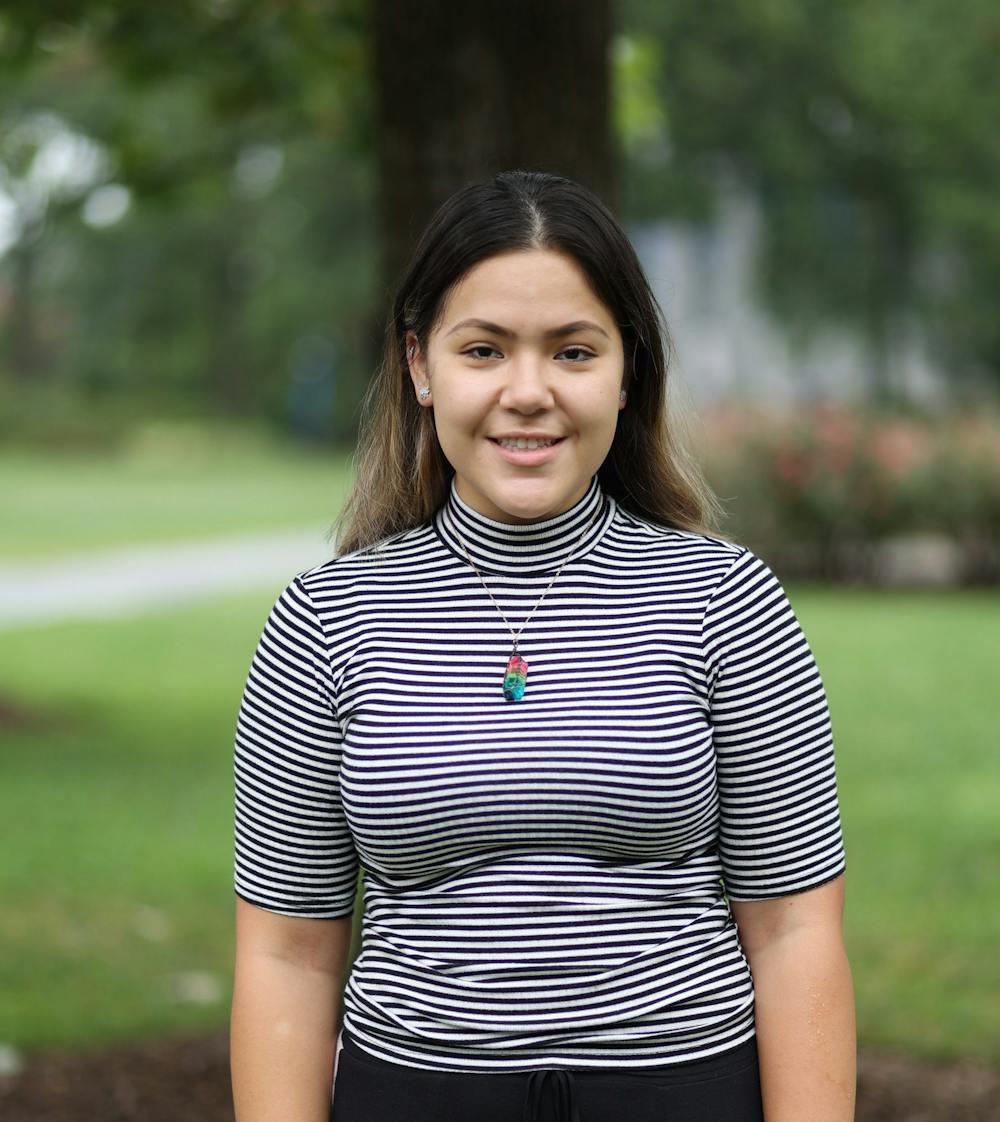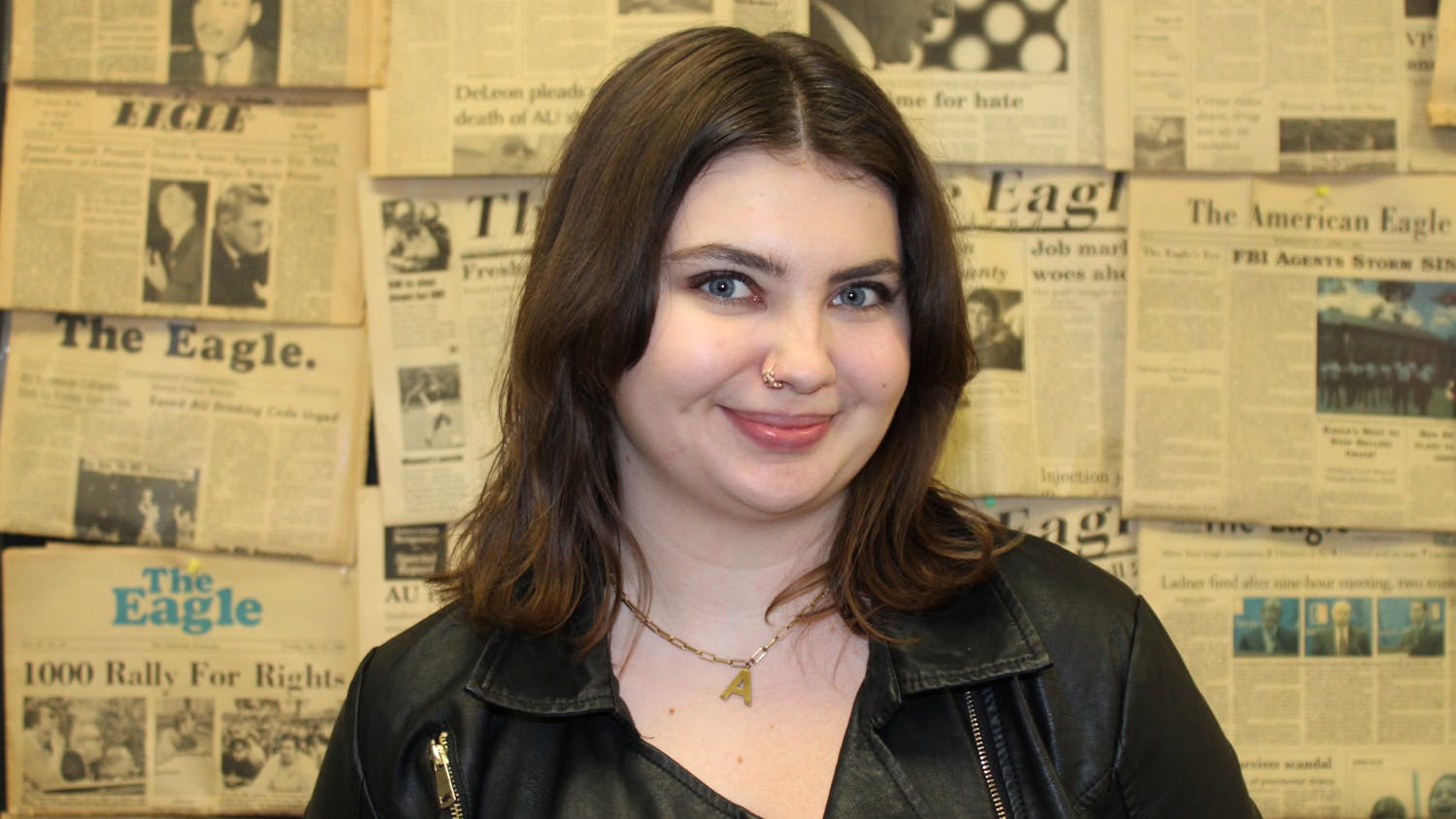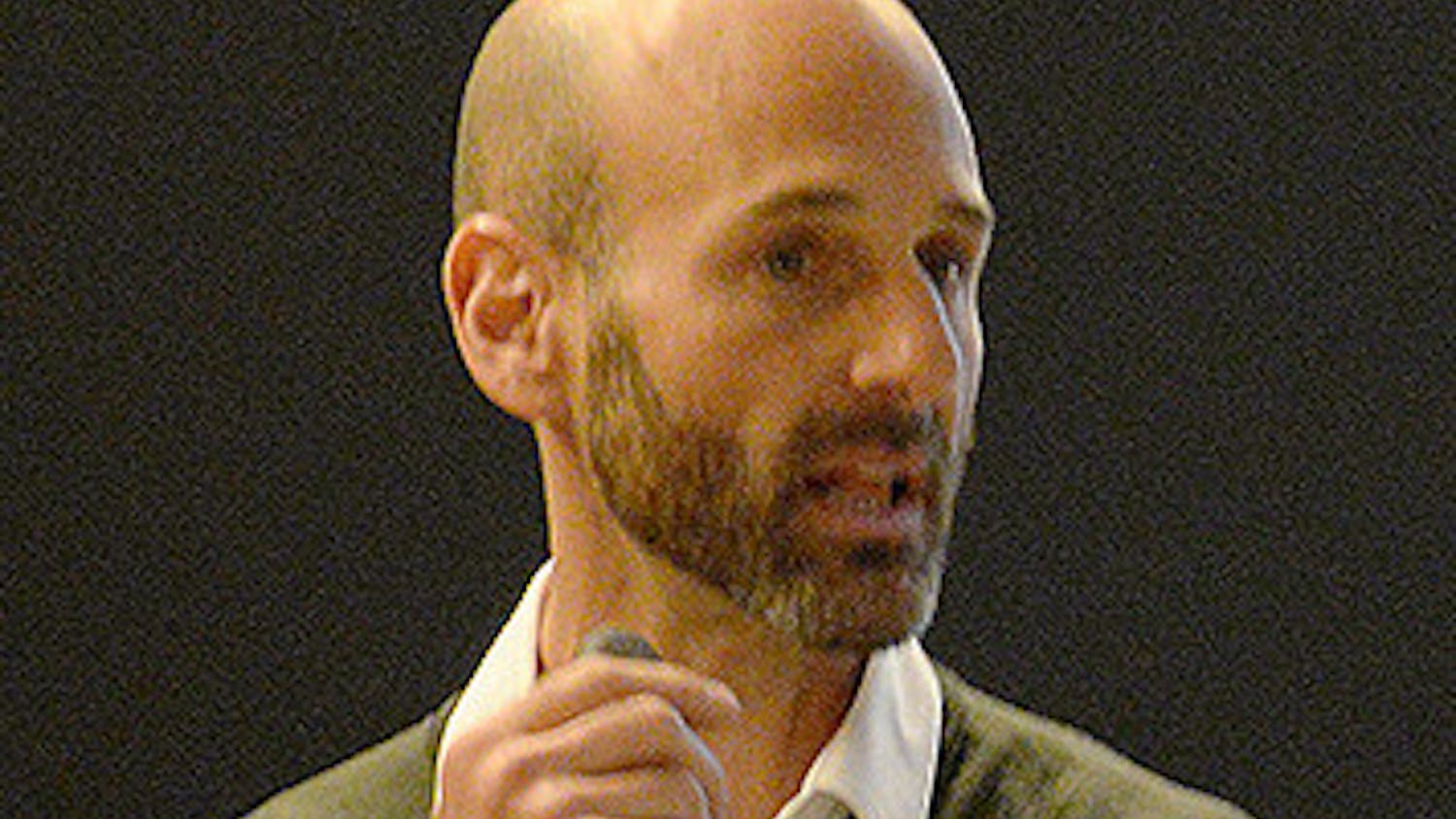American University is known for its environmental consciousness, priding itself on being the first university to reach carbon neutrality. AU was recently selected as a 2022 U.S. Department of Education “Green Ribbon Schools'' Post-secondary Sustainability Awardee. Admittedly, AU has taken progressive steps in building sustainability plans to achieve groundbreaking goals and milestones. Yet, the impression of a green campus is a narrow, performative illusion that has overshadowed student efforts in maintaining this image. Students demand and deserve more communication, transparency and support from the administration to breed an environmentally sustainable culture involving all contributors, not just the students alone.
On April 14, the AU Community Garden announced that the garden will be demolished to build the new Center of Athletic Performance (CAP) in fall 2023 instead of the initial two to five-year plan to relocate the garden. The news shocked everyone as the garden has served the community by providing a safe and green space, carefully nurtured by its members and volunteers. On top of their regular duties and routines to take care of the garden and plan for next semester, the garden leaders have been working tirelessly to chase down responsible representatives that have not communicated clearly about the plan for the garden. During an April 11 meeting, Leonardo Casas, AU Senior Project Manager, told the gardeners that AU was destroying the garden in the summer without plans to restore it. This devastating update was debunked when the garden leaders met with Anthony Cortes, Director of Capital Management and everyone involved in the CAP project on April 18. A new timeline was introduced at the meeting and they guaranteed that the plan would include administrative support throughout the process of relocating and rebuilding the garden to build a bigger and better one.
Thankfully, there is a more definite and optimistic plan for the garden now, but this would not have happened if it were not for the garden’s fearless leaders’ determination and resiliency in uncovering the ideas and decisions made behind closed doors without their input.
The lack of communication and transparency is a consistent behavior of AU when it concerns environmental projects initiated by students. The administration’s inaccessibility for students to reach out to representatives and access resources hinders the garden’s progress and our goal of becoming more environmentally friendly. Even the Summary Narrative of AU’s application to Green Ribbon Schools heavily emphasized the role of the garden and the University’s financial support towards clubs dedicated to improving sustainable outcomes around campus. Yet, the so-called “sustainability fund” has never been consistent or enough for clubs like the AU Community Garden to utilize. The lack of funding restricts the garden to more conservative projects. Therefore, bigger and bolder proposals like building a greenhouse or a pond were pushed back or rejected. AU seems to only care about environmental sustainability for superficial purposes, such as the aesthetics of the Arboretum and the benefits of tourism and recruitment, greenwashing and fostering a culture of “look, but don’t touch.”
Unlike the “culture of sustainability” AU claims to have, there is a lack of unity within our community. Stemming from the lack of collaboration with administration, students feel as though no one is in the loop of knowing what is going on, including professors in the environmental science department and many other related departments. Garden members and other AU community members were distraught prior to the updated information the leaders unearthed by relentlessly hassling administrative people for answers. It was also disheartening to witness AU leaving sustainability behind again by leaving the garden out of the 2021 Campus Plan. Disjointed words about the garden were tossed around without consulting with the members who take care of the garden. Students are then forced to clarify the situation and make room for themselves when the administration should have guaranteed their space in the plan in the first place.
Although progress is slow, students and faculty members remain persistent. For instance, Valentina Aquila, a professor within the Department of Environmental Science, created an email chain that links all environmental science and studies majors for better communication and exposure to opportunities circulating within the community. Despite the positives, many setbacks and unfinished projects were left behind due to the lack of commitment from AU. Students have presented projects that were approved by the Learning by Leading program. However, when it came down to funding and facilitation of implementing projects, students did not receive financial or actionable staff support. The program encouraged leadership in expanding student-run environmentally focused projects with scarce and unconstructive mentorship. Therefore, projects were rarely followed through due to financial concerns and a lack of resources. In the end, many promising projects are swept under the rug, neglected and left behind.
The AU Community Garden and environmental advocates need more than verbal support. Although student activism is essential in building an inclusive green campus, the student effort has been one-sided and AU has been taking credit for their work without providing the support they need. Suppose AU will brand and brag about its commitment to building an environmentally sustainable space in the Bender tunnel and during campus tours. In that case, AU’s decision-making process should prioritize the garden and the needs of the students. A sustainability leader requires AU to approach with more top-down actions and united teamwork among administration, faculty members, clubs and organizations and the student body.
Emily Brignand is a rising junior in the School of International Service and a columnist for The Eagle.





